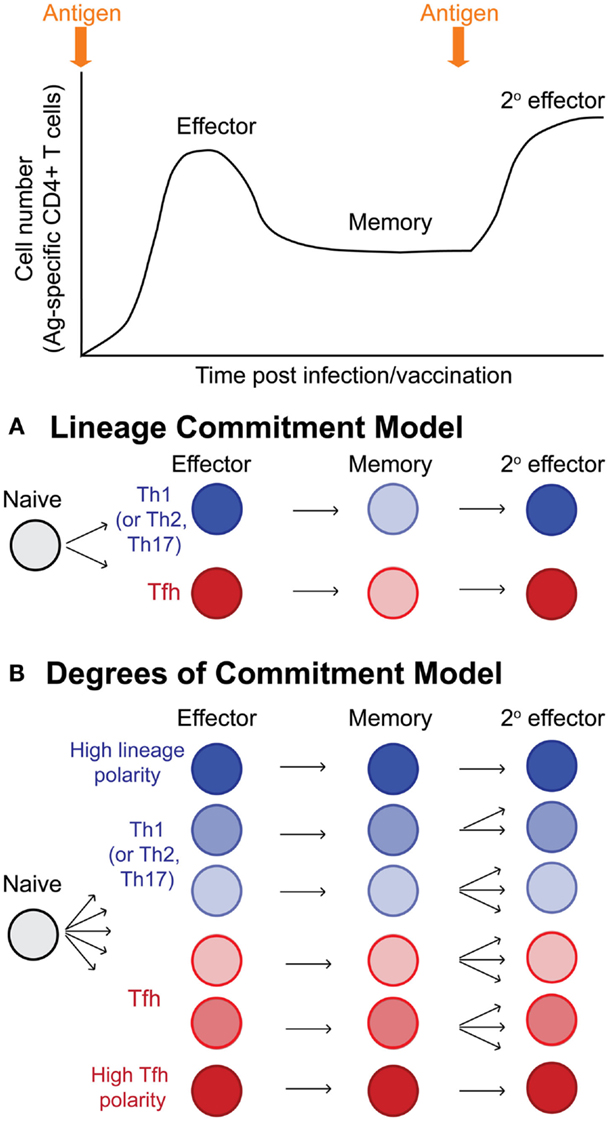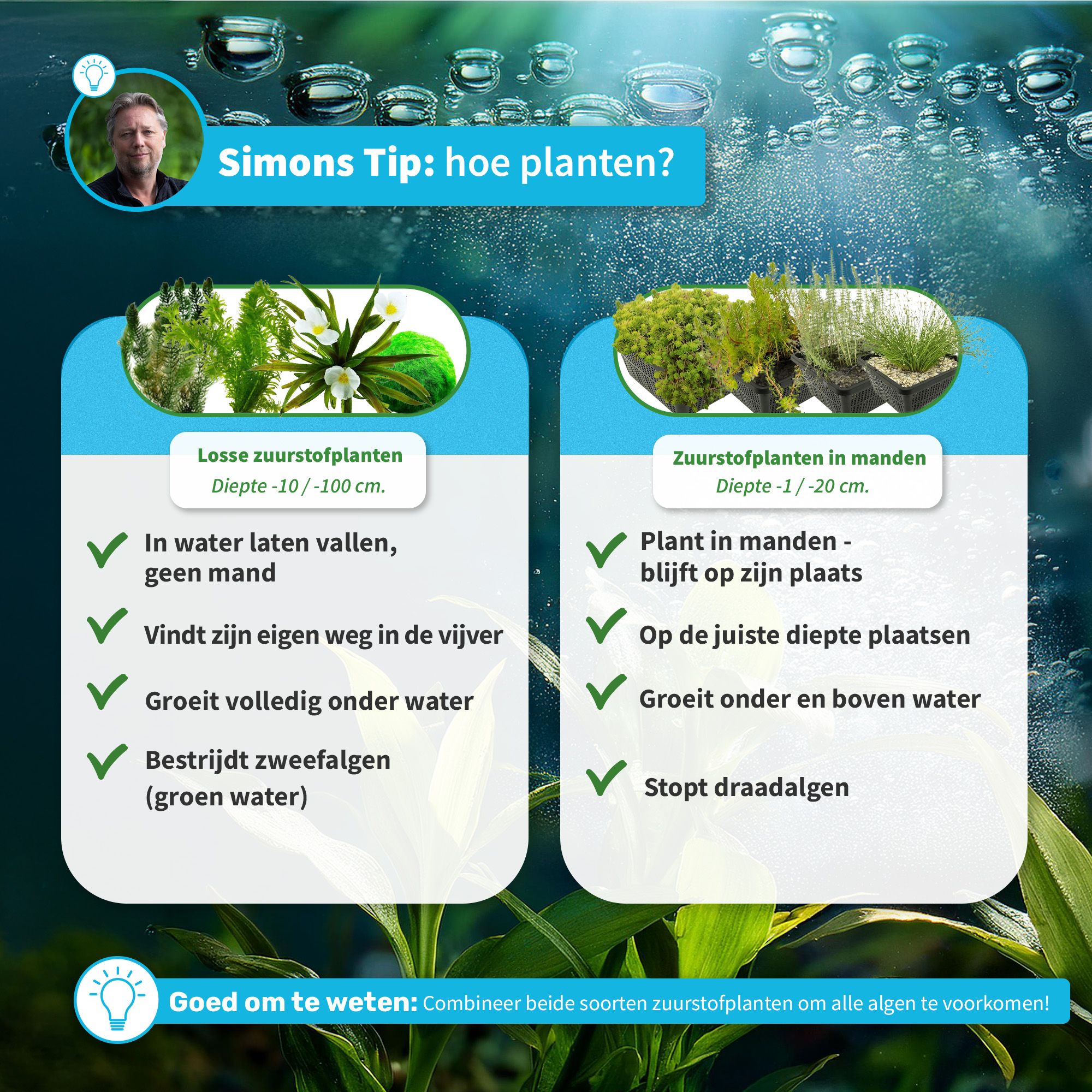Master’s in Education: Duration, Requirements, and Career Benefits
Master’s in education: program duration and structure
A master’s degree in education typically take between 1 and 3 years to complete, depend on several factors include enrollment status, program structure, and specialization. Understand the time commitment involve help prospective students plan their educational journey efficaciously.

Source: gradschools.com
Standard program length
Most master of education (m.ed. ) master of arts in teaching ( (t ),)nd master of science in education ( m.(ed. ) pr)rams require 30 36 credit hours of coursework. For full tfull-timents, this typically translate to:
- 1 2 years for traditional on campus programs
- 1 1.5 years for accelerated programs
- 2 3 years for part-time enrollment
The exact duration vary by institution and program design. Some universities offer intensive programs that can be complete in a little as 10 12 months, while others structure their curriculum over a longer period to accommodate working professionals.
Part-time vs. FuFull-timetudy
The choice between part-time and full-time enrollment importantly impact program duration:
Full time study
Full-time students typically take 9 12 credits per semester, allow them to complete their degree in the shortest time possible. This option work advantageously for:
- Recent graduates who can dedicate themselves to full-time study
- Professionals take educational leave from their positions
- Students with scholarships or financial aid packages require full-time enrollment
Full-time programs oftentimes follow a more structured sequence, with less flexibility in scheduling but a faster path to completion.
Part-time study
Part-time enrollment, commonly 3 6 credits per semester, extend the program duration but offer several advantages:
- Ability to continue work as a teacher or education professional
- Reduced per semester financial burden
- More time to absorb and apply course content in professional settings
- Better work life study balance
Many education professionals choose part-time study to maintain their income while advance their careers.
Program delivery formats
The format in which a master’s in education is delivereto affectct its duration:
Traditional on campus programs
On campus programs follow the standard academic calendar with fall and spring semesters, and sometimes summer sessions. These programs typically take:
- 4 semesters (2 years )for fufull-timetudents
- 6 8 semesters (3 4 years )for papart-timetudents
The structured nature of on campus programs provide regular face to face interaction with professors and peers but offer less flexibility in pacing.
Online programs
Online master’s in education programs have grown enormously in popularity, specially among work educators. These programs offer:
- Asynchronous learning options that allow students to study on their own schedule
- Accelerated formats with multiple start dates throughout the year
- Continuous enrollment options that don’t follow traditional semester schedules
Many online programs can be complete in 12 24 months, with some accelerated options available in as few as 10 months. The flexibility of online learning allow students to adjust their course load base on professional and personal commitments.
Hybrid programs
Hybrid programs combine online coursework with periodic on campus residencies or in person components. These programs typically follow similar timelines to full online programs but include:
- Weekend intensives
- Summer residencies
- In person practicums or student teaching experiences
The hybrid format provide flexibility while maintain some face to face interaction, make it an attractive option for many education students.
Specialization impact on program length
The specific education specialization or concentration you choose can affect program duration:
Standard specializations
Most common specializations follow the standard program timeline:
- Curriculum and instruction
- Educational leadership
- Educational technology
- Special education
Extended specializations
Some specializations require additional coursework, practicums, or clinical hours, potentially extend program length:
- School counseling (frequently 48 60 credits )
- Read specialist programs with extensive practicum requirements
- Dual certification programs
- Programs lead to administrative license
When research programs, cautiously review the credit requirements for your desire specialization to understand the time commitment involve.
Factors that may extend program duration
Several factors can extend the time need to complete a master’s in education:
Thesis or capstone requirements
Programs require a thesis or major capstone project may take foresightful to complete. These culminate experiences typically involve:
- Research design and proposal development (1 semester )
- Data collection and analysis (1 2 semesters )
- Writing and defense (1 semester )
Non thesis options, such as comprehensive exams or smaller capstone projects, broadly allow for faster completion.
Practicum and field experience requirements
Many education master’s programs include require field experiences:
- Student teaching (for initial llicenseprograms ) )
- Administrative internships (for principal preparation programs )
- Specialized practicums (for read specialists, special education, etc. )
These experiences are invaluable for professional development but may extend program duration, specially for part-time students who must balance them with exist work commitments.
State license requirements
Programs design to lead to initial teacher license or additional endorsements must meet state requirements, which may include:
- Specific course sequences
- Minimum hours of supervised practice
- State specific exams
These requirements can extend program duration beyond the standard timeline.
Accelerated options for complete a master’s in education
For those look to complete their degree more rapidly, several accelerated options exist:
Intensive programs
Some universities offer intensive master’s programs design for completion in 12 16 months. These programs typically feature:
- Year round enrollment (include summer sessions )
- Heavier course loads per term
- Streamlined curriculum with fewer electives
While demand, these programs allow students to enter the job market or advance their careers more rapidly.
Transfer credits and prior learning assessment
Many programs accept transfer credits from previous graduate coursework, potentially reduce program duration. Some institutions besides offer:
- Credit for relevant professional development
- Portfolio assessment of prior learning
- Credit by examination options
Check with potential programs about their policies for recognizing prior learning and transfer credits.
Combined bachelor’s / master’s programs
Some universities offer combine or accelerate bachelor’s / master’s programs that allow students to begin master’s coursework during their undergraduate studies. These programs can reduce the total time to earn both degrees by 1 2 semesters.
Financial considerations and program duration
The duration of your master’s program have significant financial implications:
Tuition costs
While accelerate programs may have a higher per semester cost, they much result in lower total tuition compare to extend part-time enrollment. Consider:
- Per credit costs vs. Flat rate tuition models
- Additional fees for extended enrollment
- Potential tuition increases for programs last several years
Opportunity costs
A faster completion time mean quicker access to the salary benefits of an advanced degree. Many districts offer substantial pay increases for teachers with master’s degrees, make the return on investment calculation important when decide between program formats.
Financial aid considerations
Program duration to affect financial aid eligibility:
- Some scholarships and grants require full-time enrollment
- Federal loan eligibility may be affect by enrollment status
- Employer tuition reimbursement may have time limitations
Consult with financial aid advisors to understand how program duration affect your funding options.
Balance education with professional responsibilities
For work educators, balance professional responsibilities with graduate studies is a key consideration in program selection:
Summer focus programs
Some universities offer programs design specifically for teachers, with intensive coursework during summer breaks and lighter course loads during the academic year. These programs typically take 2 3 years to complete but align considerably with the teaching calendar.
Weekend and evening programs
Many institutions schedule courses in the evenings and on weekends to accommodate working professionals. These programs offer a middle ground between full-time and part-time study, with completion typically possible in 18 24 months.
Cohort base programs
Cohort programs, where a group of students progress through the curriculum unitedly, oftentimes follow a predetermined schedule with courses sequence over 1.5 2 years. These programs provide peer support and network opportunities while maintain a predictable timeline.
Make the right choice for your educational journey
When decide on the right program duration for your master’s in education, consider these factors:
Career goals
If you’re sought a significant career change or advancement opportunity with a specific timeline, a faster program may be beneficial. If you’re alreadestablishedsh in your role and look to deepen your knowledge over timepart-timetime program might be more appropriate.
Learn style
Consider how you learn advantageously:
- Do you prefer intensive immersion in your studies?
- Do you benefit from time to reflect on and apply new knowledge?
- Do you learn considerably with consistent, spaced study or concentrated effort?
Your learning preferences should inform your choice of program pace.
Work-life balance
Frankly assess your current commitments and capacity for additional responsibilities. A yarn, less intensive program may be more sustainable if yyou havesignificant family or work obligations.

Source: potomac.edu
Conclusion
A master’s degree in education represent a significant investment in your professional future. While most programs range from 1 3 years in duration, the exact timeline depends on numerous factors include enrollment status, program format, and specialization.
The flexibility offer by today’s diverse program options mean you can find a path that align with your professional goals, learn preferences, and life circumstances. Whether you choose an accelerated 12 month intensive program or a part-time option will span several years, the advanced knowledge and credentials you’ll gain will enhance your effectiveness as an educator and will open new career opportunities.
Before make your decision, exhaustively research program requirements, speak with admissions counselors, and connect with current students or alumni to understand the real time commitment involve. With careful planning, you can select a master’s in education program that fit your timeline and set you up for success in the next phase of your educational career.
MORE FROM grabscholarships.de













